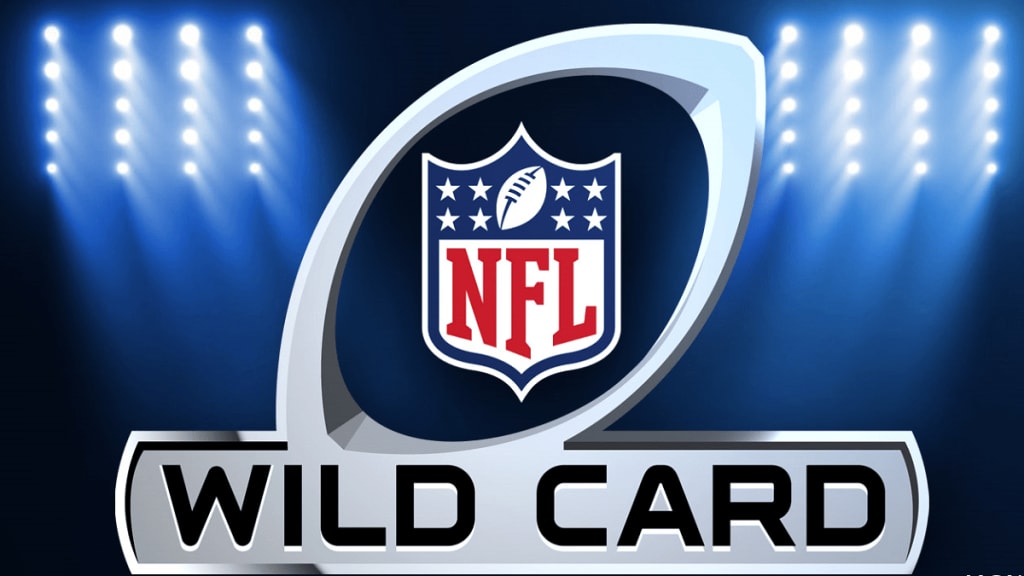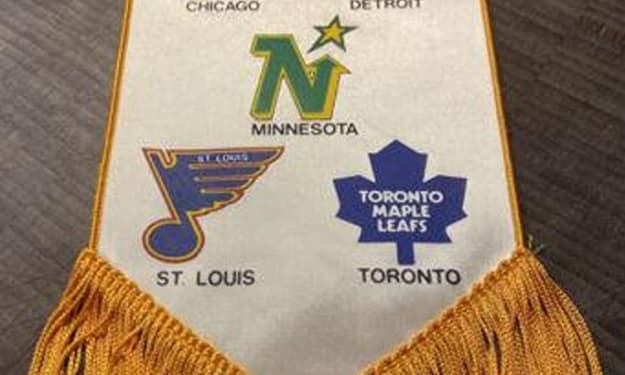History of the NFL Playoffs (Part V: Wild Card Weekend - 1990-present)
A look at how the opening round evolved into a full weekend extravaganza

In 1978, the NFL added a second Wild Card spot per conference, which resulted in the birth of a new opening round for the NFL playoffs: the Wild Card Playoff. From 1978 until 1989 (with the exception of the shortened 1982 season), each conference kicked off the playoffs with their Wild Cards (seeded #4 and #5) facing each other, while the three division champions (East, Central, and West) all had byes straight to the Divisional Playoff. The winner would advance to the Divisional Playoff against the #1 seed in the conference, though if the #1 seed was a division foe, the Wild Card Playoff winner would face the #2 team.
However, in 1990, the NFL decided to add a third Wild Card per conference, totalling six playoff teams in each conference, and 12 overall. This resulted in two Wild Card Playoff games in each conference, and this also forced the #3 seed (the lowest seeded division champion) to host a Wild Card Playoff game. The top two teams had byes to the Divisional Playoff, and their opponents depended on the winners of the Wild Card games. In one game, the #3 team faced off against the #6 team, and if #3 won, they would face #2, and the winner of the #4/#5 game would face #1. If #6 won, they'd face #1, and the winner of the other game would face #2. Also, divisional foes were allowed to face each other in the Divisional Playoff now, and have been ever since. Major League Baseball is currently using this format for their postseason, with the one difference being that MLB uses a fixed bracket.
In 1990, the NFL's first official #6 seeds (not counting 1982, when eight teams qualified per conference) were the Houston Oilers (AFC) and the New Orleans Saints (NFC), but neither of them won their Wild Card Playoff games. In addition, this year featured the first division game in the Divisional Playoff, as the Miami Dolphins' Wild Card win allowed them to face the Buffalo Bills, who ousted Miami during their first of four straight Super Bowl appearances. A year later, we would see a #6 seed win a playoff game for the first time (officially), as the Atlanta Falcons won, 27-20, over their division rivals, the New Orleans Saints. The first decade of this format have seen a few #6 seeds win the Wild Card Playoff, including the Arizona Cardinals, who upset the Dallas Cowboys in the 1998 NFC Wild Card Playoff. The following year saw the 6th seeded Miami Dolphins advance, only to be horrendously blasted, 62-7, by the Jacksonville Jaguars--in what would be Dan Marino's final game of his career.
From 1990-2001, the format was three division champions and three Wild Cards, but in 2002, the debut of the Houston Texans as the league's 32nd franchise forced the divisions to change to what we see today. Since 2002, the league consisted of four divisions per conference, and that led to a slight change to the format. Four division champions (East, North, South, and West) qualified, and two Wild Cards were instilled, and in that first year, the #6 Atlanta Falcons pulled off a very shocking upset over the Green Bay Packers in Lambeau Field. Even so, the #6 seeds weren't achieving much in the playoffs.
Until 2005.

In 2005, the #6 seeds were the Pittsburgh Steelers from the AFC, and Washington in the NFC. Both teams won their Wild Card games, making it the first time that both #6 seeds advanced. However, Washington was out after the Divisional Playoff. As for the Steelers, their Wild Card win over the Cincinnati Bengals was followed by upsetting the top-seeded Peyton Manning-led Indianapolis Colts in the Divisional Playoff, and defeating the Denver Broncos in the AFC Championship to advance to their first Super Bowl in ten years. At the big game, the last to air on ABC (until the upcoming Super Bowl LXI), the Steelers defeated the Seattle Seahawks (who moved to the NFC in the 2002 realignment), 21-10, to win their fifth championship, doing so on February 5, 2006. With the victory, the Steelers became the 1st-ever #6 seed to reach and win the Super Bowl.
And they would have company six years later:

How well I remember that 2010 season. It was an amazing year that saw the Green Bay Packers scratch and claw to the playoffs on the final week as the NFC's #6 seed. We definitely had some work to do. It started in Philly, a Wild Card win over the Michael Vick-led Eagles (see how he likes it; he was on that Falcons' team in 2002). Speaking of the Falcons, we went to Atlanta and totally blasted them in the Divisional Playoff, and it set up a classic NFC Championship against the Bears, which we won, 21-14, to reach Super Bowl XLV. We faced the Steelers, a team led by Ben Roethlisberger, who led them to two SB appearances already. Despite this, the Packers won, 31-25, on February 6, 2011, becoming the second (and most recent) #6 seed to win the whole thing.
The modernized 12-team tournament lasted from 2002 until 2019, and in 2020, the NFL decided to add another Wild Card, bringing the total back up to three per conference. This is the current format in place today, and it sends 14 teams to the playoffs. The modification also reduces the number of byes per conference, as only the #1 seed gets that week off, while we see the #2 team host a Wild Card Playoff. Due to the number of Wild Card Playoff games increasing from four to six (three per conference), the NFL promoted Wild Card Weekend as Super Wild Card Weekend.
The first #7 seeds were the Indianapolis Colts (AFC) and the Chicago Bears (NFC), and neither of them won their games, though the Colts were close. The following year (2021) was the first under the current 17-game season format, and also, Super Wild Card Weekend spanned three days (Saturday, Sunday, Monday). The Monday Wild Card Playoff saw the Los Angeles Rams defeat the Arizona Cardinals--their first step in their long road to winning Super Bowl LVI.
This year is the fourth year under this playoff format, and it's been a good format so far. It makes for more relevant games by the final week, and it opens things up in the league, as more teams have more of a chance to join the big dance. I've had a feeling for a while that they will eventually add an eighth seed and eliminate the bye altogether, but for now, I'll continue to be in awe of this current format.






Comments (3)
Terrific information on the playoff format!!!1💕❤️❤️
You've got serious game with stories such as this.
Interesting, this weekend games will be interesting as well. It would be interesting if you write a story about NFL playing in extreme weather. I am still amazed how they play football in cold weather in their regular Jersey.